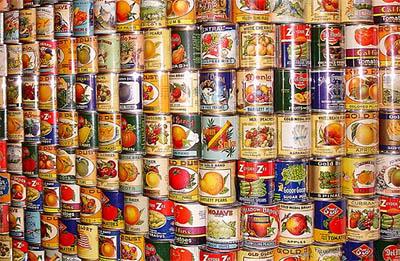The Zinfandel building is going to tackle one of the biggest unspoken problems that face college students today; hunger. Associated Students, along with campus representatives, are transforming what used to be the mail room and open market a few years ago into a food pantry building for students.
“The University recognizes food insecurity is a really big issue” said Erik Dickson, Associated Students executive director, and one of many people involved with this project. “It affects everyone a little differently and if you’re food insecure, it’s really hard to focus on your student success. The SSU Food Pantry is a good step forward.”
The pantry will have a soft launch around Thanksgiving and the school expects it fully open by the Spring semester. Local groups and the Redwood Food Bank will supply students with food. Students will just have to show a student ID and be given food that will last them a week, no questions asked. JUMP volunteers will work the pantry, and experts will train them to handle sensitive food insecurity issues. Even the name will be student-run.
“Students will choose the name in some sort of contest. Our interim name is the SSU Food Pantry, but it’s up to the students.” Dickson said.
In a February 2015 study commissioned by California State University Chancellor Timothy White, California State University faculty found 21 percent of students on their campuses to be food insecure, according to a January 2016 Cal State Report. In that same study of the 23-campus CSU system, only 11 campuses had programs in place to aid students struggling with hunger and shelter. SSU plans to be the 12th campus to battle this issue.
“I think it’s about time; I’ve heard of students that have to choose between buying textbooks or food for the week,” said Becca Dedekind, senior economics major. “This is something that is very helpful.
“It’s amazing that this is coming to campus,” said Alex Orduña, senior business major. “SSU has really stepped up to meet this demand.”
The food pantry comes after similar programs on campus like the Career Closet in the Career Center, a community closet for students that can’t afford clothes for job interviews, and NomaCares, an all-stop center for students or faculty affected by the recent wildfires in Sonoma and other local counties.
The food pantry will add to another food insecurity program Sonoma State is working on. The Environmental Technology Center’s community student garden has grown fresh food and delivers to Neighbors Organized Against Hunger on Snyder Lane. The garden grows about 1,000 pounds of fresh organic produce each year. Dickson hopes to partner in the future to make fresh veggies available to students, but for now the SSU food pantry will involve only dry and canned food.



































